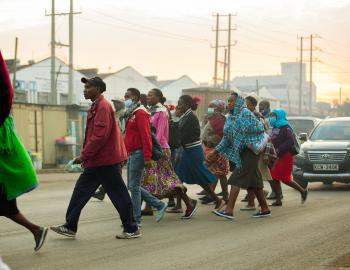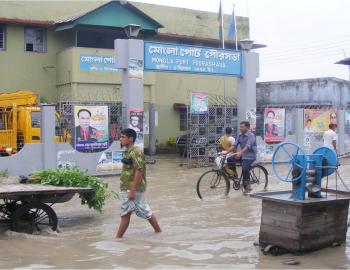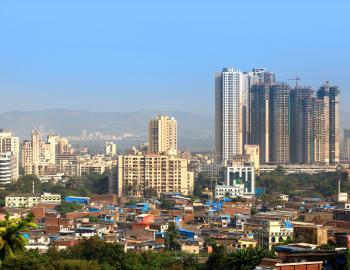Seeing political settlements through the city: A framework for comparative analysis of urban transformation
Seeing political settlements through the city: A framework for comparative analysis of urban transformation
This article presents a new analytical framework for studying cities in the developing world based on the ‘political settlements’ approach. This has a dual purpose: to enrich comparative urban research by bringing new theoretical ideas to bear on this field, but also to use capital cities as a lens to better understand national political settlements. The central argument is that urban built environments and their transformations in situations of late development reflect the workings of different varieties of clientelism, and by analysing the former we can better understand the latter. Specifically, issues such as the nature of urban land use and land allocation, the pace and form of construction, the effectiveness of environmental regulation and the provision of housing for different income groups are all revealing of political settlements and their broader development implications.
The potential of this approach is explored through three narrative ‘sketches’ of contemporary urban development in Eastern Africa: the ‘city as marketplace’ (Kampala), the ‘city as expo’ (Kigali) and the ‘city as construction site’ (Addis Ababa). In presenting this framework, the article seeks to advance debate on epistemological and analytical approaches to the study of both power relations and differential patterns of urban development.



